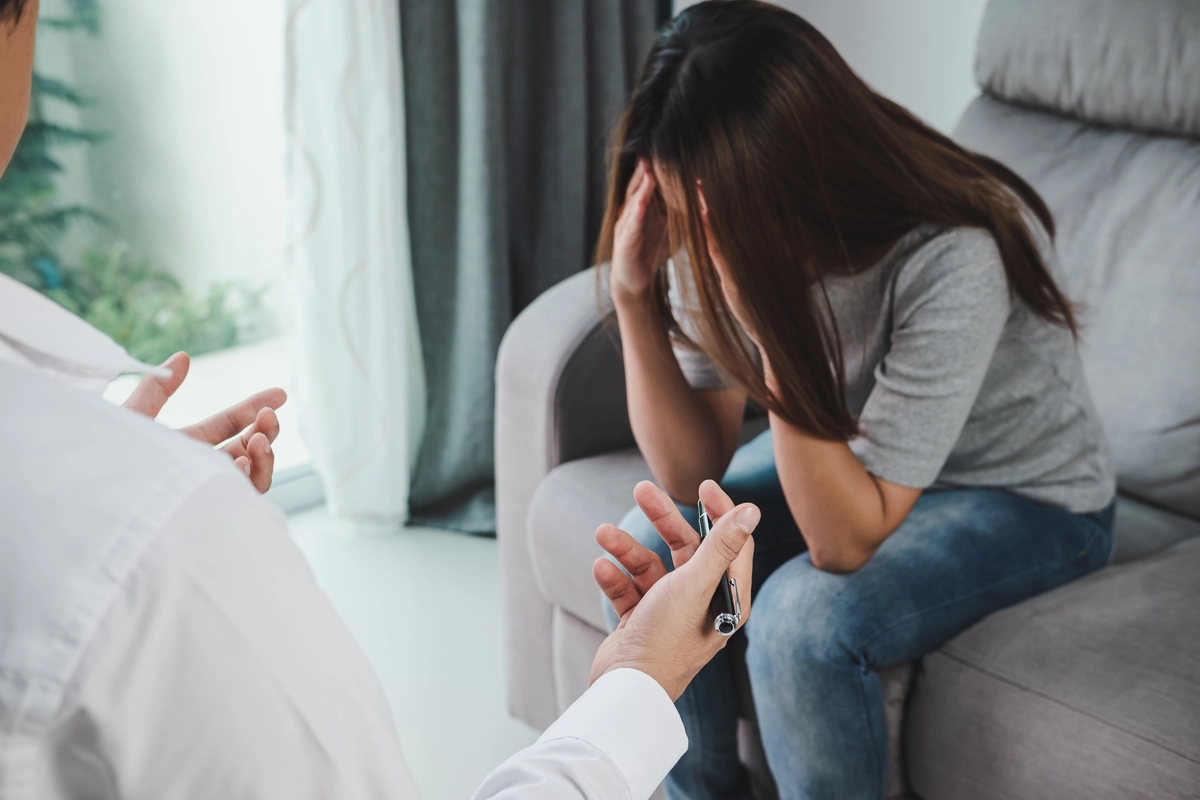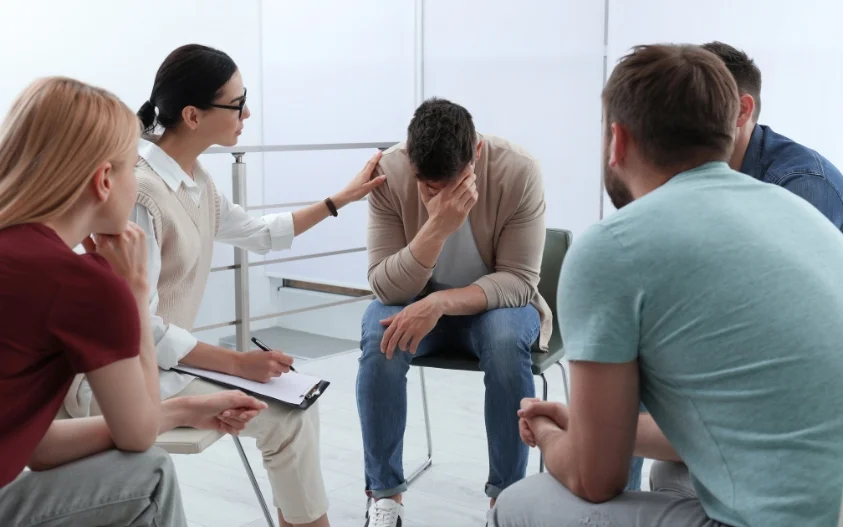24/7 Helpline:
(866) 899-221924/7 Helpline:
(866) 899-2219
Learn more about Drug Detox centers in Cynthiana
Drug Detox in Other Cities

Other Insurance Options

Group Health Incorporated

WellPoint

Sliding scale payment assistance

BlueCross

State Farm

Holman Group

MHNNet Behavioral Health

UnitedHealth Group

GEHA

Kaiser Permanente

WellCare Health Plans

BHS | Behavioral Health Systems

Multiplan

Lucent

Private insurance

Health Choice

AllWell

Anthem

Aetna

Carleon















